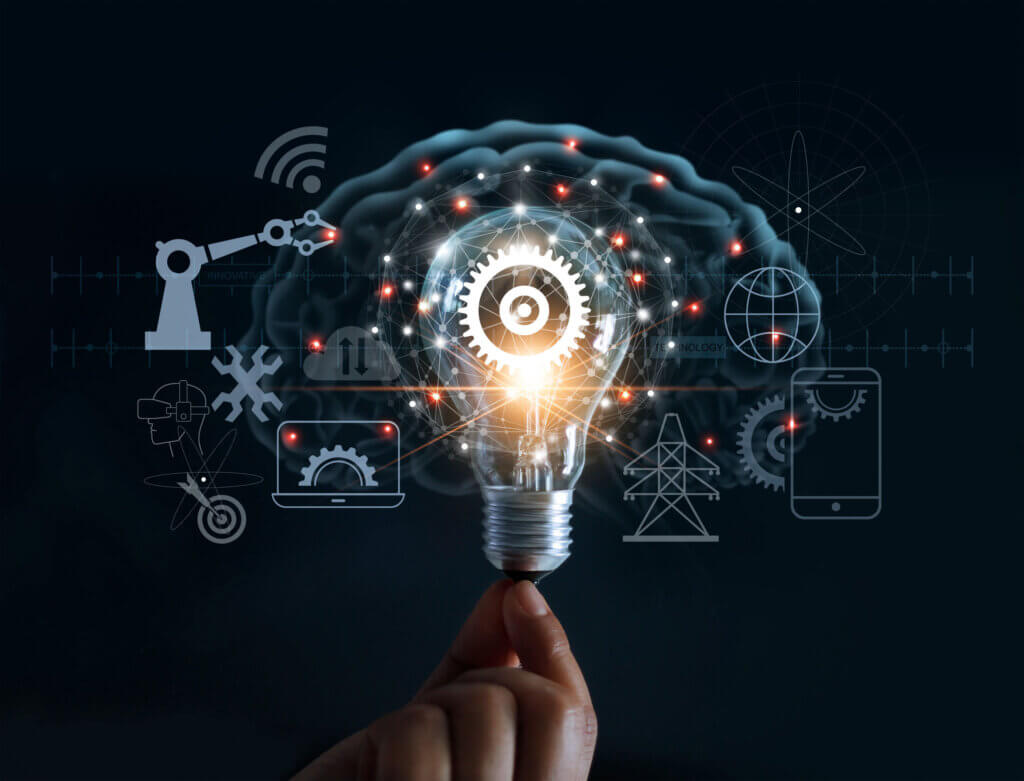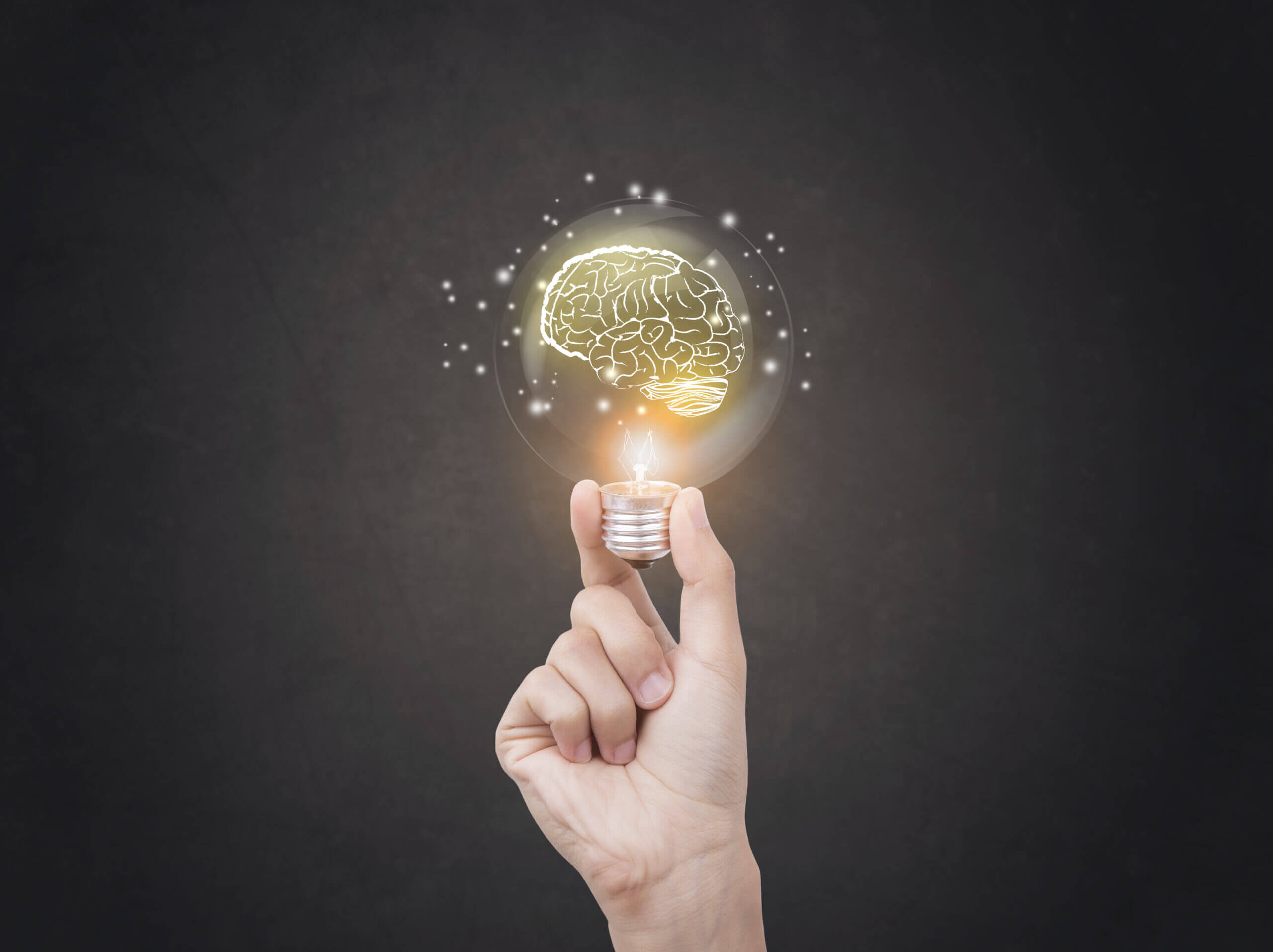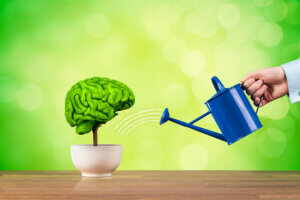What is more important than our brain? The brain is the center of our thoughts, emotions, logic, sense of humor, motor control, sensory experiences, and much more. Our brain also governs hormonal activity and is closely linked to the immune system. We all want to be healthy, so our commitment is to maintain a healthy and functioning brain for as long as possible.
As the supreme organ of the nervous system, the brain weighs less than 2 kg but receives about 20% of the blood supply to operate efficiently and rapidly with billions of interconnected nerve cells in a complex network. As the years pass and we have increasingly sophisticated and expensive tools to examine and study the brain, we gain a better understanding of how it operates. However, its complexity and efficiency continue to surprise us and raise new questions. In this article, we will explore the basic cognitive functions and understand why it is important to be aware of our cognitive status.
What is cognition?
Cognition is essentially our awareness or, in other words, the collection of processes that enable us to perceive, process, know, remember, and consciously act in the world. The study of cognition gained momentum in the 1950s, and in the past 30 years, most research in the field of cognition has integrated brain measurement tools such as brain imaging (MRI) and electrophysiology (EEG) that explain cognition not only through human behavior but also through the brain processes associated with that behavior.
What is attention?
It is not enough for something to happen around us, such as noise or movement, and for our system to register what is happening. If we are not attentive, we are not aware that something is happening in our surroundings. When we are asleep or excessively focused on a specific thing, we are not available to direct our attention to something else. Driving on the road in such a state, for example, could be very dangerous for us and others.
Attention is a fundamental ability, and its role is to bring the information captured by our brain into processing and identification (that’s the sound of my phone, those are my son’s faces). If something distracts our mind, if we are overloaded or not open to our environment, what happens around us will not undergo processing, and we will not know if it actually happened.
What is working memory?
Working memory is necessary for us to remember what was discussed in a conversation a moment ago, what we are looking for (where are the keys?), where we are asked to go (second floor, room 203), which document we were told to send (ID card or passport?), what code we need to change to log in to a website (4891#), or what ingredients to add to a recipe we just read (salt, pepper, and basil). Working memory is the basis for short-term memory and later encoding and storage of information for the long term.
It is important to note that there is a fundamental connection between attention and memory. If we are not attentive, information will not enter our working memory. Imagine that you need to remember a list of items (cream, cottage cheese, soy milk, yellow cheese) that you need to buy in the dairy department, and during that time, someone keeps calling your name (Rachel, Rachel, Rachel, Rachel…). Hearing your name disrupts the rehearsal of the items, and when you arrive at the dairy department, you don’t remember all the items.
What is learning? Perception, attention, and memory together allow us to learn many things. For example, learning new words in a second language (Gornisht means nothing in German and Yiddish), learning to identify and name plants (this is a pine, this is an orchid…), cooking a new dish for lunch (meat with pomegranates from Ruth Sirkis’s new book, took about an hour to prepare and was very tasty), navigating to a new place or updating a familiar driving route due to changes in an interchange.
Learning occurs according to consistent principles. Just as we learn to play the piano or speak a foreign language, we need to persist, repeat it again and again, and practice every day. If we have motivation and view learning as a positive experience, then learning becomes even stronger. For example, to maintain our physical fitness, we walk every day or a few times a week. Knowing how to walk is not enough; practice is the key. What doesn’t continue to be practiced is lost, like information that hasn’t been used for a long time. And if something interferes with our ability to walk, it’s important to address it promptly and not let it deteriorate.
Why is all this important to us? If we understand how our brain works, we can understand ourselves better. For example, if we are individuals who learn better visually, we will remember study material better when summarizing it using study guides rather than listening to lectures. If we are associative thinkers, we will thrive when performing tasks that allow us to brainstorm and be creative, but struggle when performing tasks that require us to converge logically to conclusions.
It’s important to get to know our brain to identify what practice is most suitable for us. For example, do we need to practice a little every day or maybe practice twice a week for a longer time? Do we need, in addition to practice, to challenge ourselves in other ways? How do we motivate ourselves to practice, and what feedback will help us maintain consistency in practice?
If we understand the changes that occur in our brain during adolescence, it means we are more sensitive to ourselves, quickly identify those changes, assess them with the environment, and seek solutions. Current research shows that individuals who are not aware of their cognitive state tend to experience greater cognitive decline. Therefore, it is important to deepen our knowledge, develop awareness, and pay attention.



